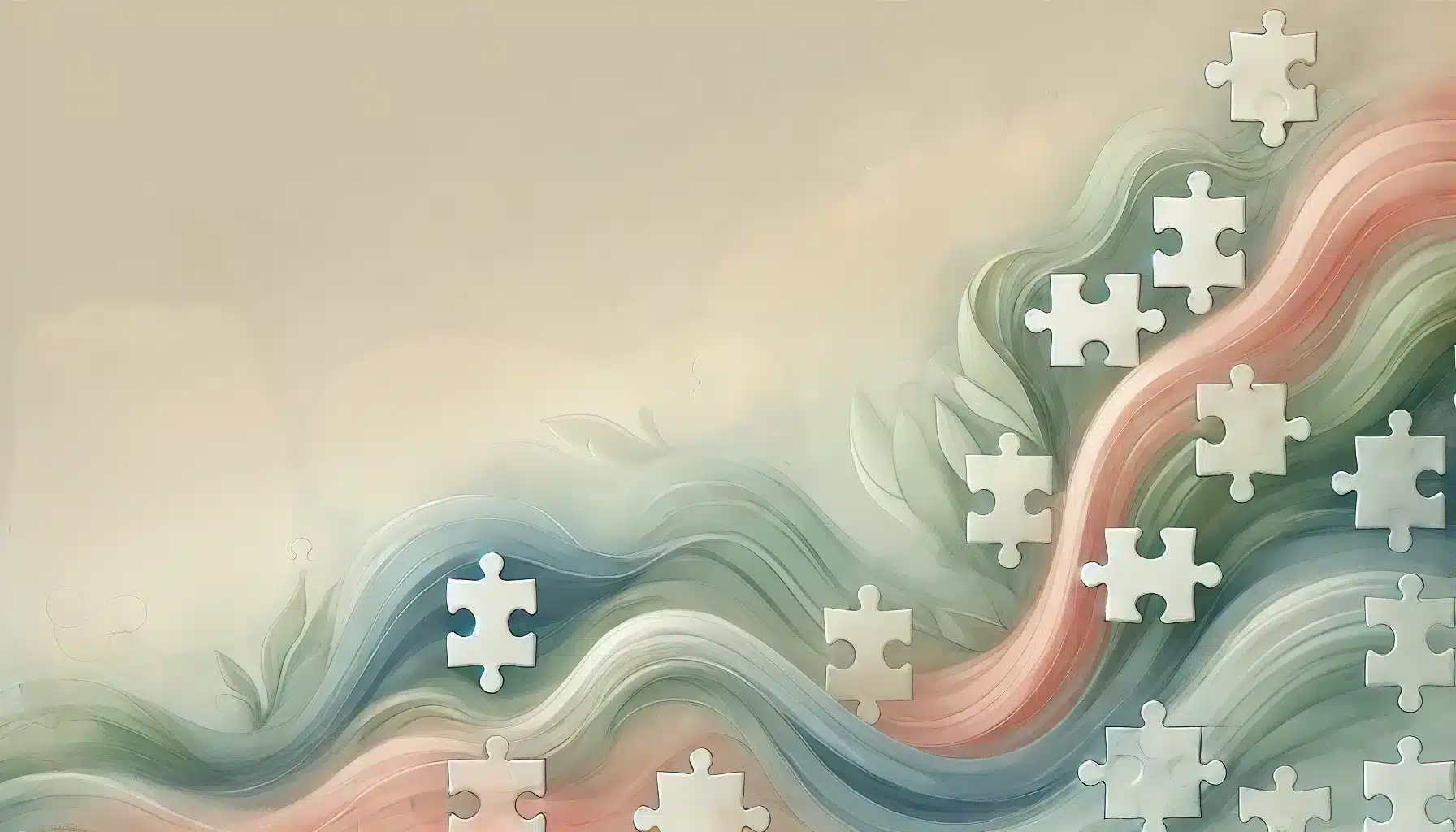What is National Puzzle Day?
National Puzzle Day is celebrated every year on January 29 in the United States. This day pays tribute to the timeless appeal of puzzles, from jigsaw puzzles to Sudoku, crosswords, and brainteasers. Celebrating puzzles is not just about fun; it’s also about recognizing their value in improving mental agility, problem-solving skills, and fostering creativity.
Whether solved individually or as part of a group, puzzles offer something for everyone, making National Puzzle Day a perfect occasion to engage your mind and enjoy a sense of accomplishment.
History and Origin
National Puzzle Day was established in 2002 by Jodi Jill, a professional puzzle creator and syndicated newspaper columnist. Jill, a lifelong advocate of puzzles, wanted to create a day that would highlight their educational and entertainment benefits. Her goal was to inspire people of all ages to incorporate puzzles into their daily lives as a way to relax, think critically, and stay mentally sharp.
Over the years, the observance has grown in popularity, with schools, libraries, and puzzle enthusiasts organizing activities and events to celebrate.
Who Celebrates National Puzzle Day?
- Children: Use puzzles to develop motor skills, pattern recognition, and problem-solving abilities.
- Adults: Turn to puzzles for relaxation, stress relief, and mental stimulation.
- Educators: Integrate puzzles into lessons to make learning more engaging and interactive.
- Families: Bond over collaborative puzzle-solving, creating shared experiences.
- Puzzle Enthusiasts: Celebrate their passion for all types of puzzles and the joy they bring.
Themes and Slogans
National Puzzle Day centers around themes of mental engagement, creative problem-solving, and intellectual challenge. The day promotes the joy of discovery and the satisfaction that comes from solving a puzzle. It’s a time to celebrate the connections puzzles create, whether between ideas or people.
Slogans like “Piece Together Fun” and “Challenge Your Mind” capture the spirit of the day, encouraging people to engage their brains and enjoy the process of finding solutions. National Puzzle Day also reminds us of the importance of persistence and critical thinking.
Colors, Symbols, and Patterns
Colors:
- Multicolor: Reflects the diversity of puzzles and their appeal to people of all ages.
- Bright Shades: Symbolize the creativity and excitement that puzzles bring.
Symbols:
- Puzzle Pieces: Represent the interconnectedness of knowledge and the joy of completion.
- Rubik’s Cube: A symbol of spatial reasoning and complex problem-solving.
- Maze Patterns: Highlight the challenges and fun of navigating to a solution.
Patterns:
- Interlocking Shapes: Reflect the collaborative and satisfying nature of fitting puzzle pieces together.
- Grids and Lines: Represent crossword and Sudoku puzzles.
- Geometric Designs: Showcase the visual appeal and symmetry often found in puzzles.
How to Celebrate National Puzzle Day
- Solve a Puzzle: Spend time completing a jigsaw puzzle, crossword, Sudoku, or other favorite type of puzzle.
- Host a Puzzle Party: Invite friends and family for a group puzzle-solving session or competition.
- Create Your Own Puzzle: Design a unique puzzle, whether it’s a riddle, maze, or word search, and share it with others.
- Visit a Puzzle Exhibit: Explore museums or libraries showcasing historical puzzles or innovative designs.
- Join Online Puzzle Challenges: Participate in virtual puzzle games or competitions to test your skills against others.
Most Used Hashtags
- #NationalPuzzleDay
- #PuzzleDay
- #BrainTeasers
- #MindGames
- #PuzzleLovers
Why is National Puzzle Day Important?
National Puzzle Day emphasizes the importance of puzzles in promoting cognitive health, creativity, and collaboration. Puzzles are known to improve memory, enhance problem-solving abilities, and increase focus. For children, they are a fun way to develop essential skills, while for adults, they offer a relaxing and stimulating activity.
Beyond individual benefits, puzzles also encourage social interaction, whether through teamwork or shared enjoyment. National Puzzle Day serves as a reminder of the universal appeal of puzzles and their role in fostering lifelong learning and mental sharpness.
Features
January 29: Puzzle Day (United States)
Why do you keep falling for the same type?
Read the article Lovemaps: the hidden blueprint of our love.
Did you not find what you were looking for? Let me help you find more.

